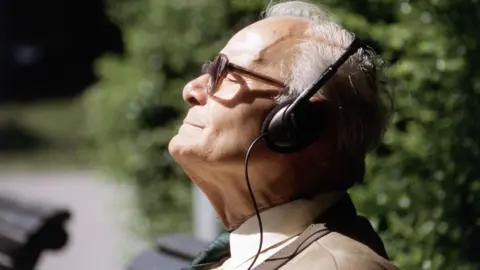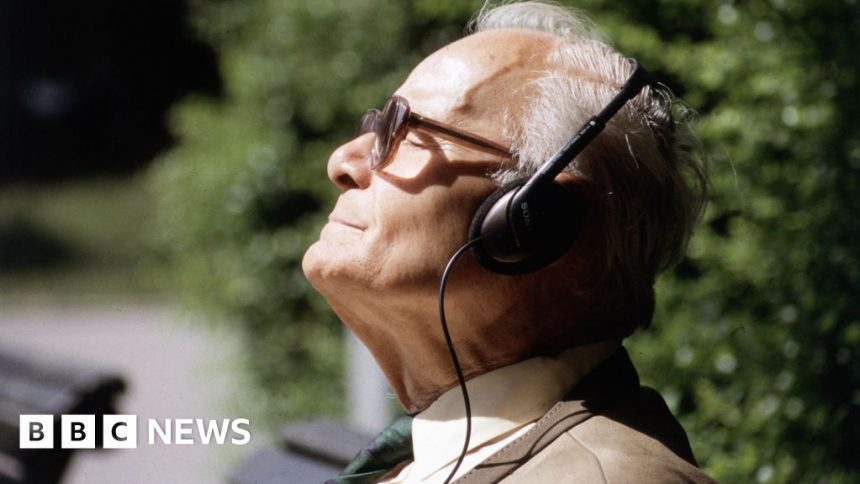Music helps highlight ageing brain areas – study
 ullstein bild
ullstein bildA study has revealed that older people are able to remember familiar pieces of music as well as young people, but some parts of their brains have to work harder for it.
Teams at the University of Oxford and Aarhus University in Denmark observed 39 older adults aged over 60 and 37 younger adults aged 18-25.
The researchers called music “an innovative and valuable” way of improving understanding of how memory and the brain works.
They said it could have significance for the screenings of older people at risk of developing dementia.
Participants were played both new and memorised musical sequences inspired by the compositions of Johann Sebastian Bach.
MRI scans were then used to compare what happened in different parts of their brains according to whether they were younger or older.
The results showed that when recalling the familiar sequences, there was no difference in the older people’s ability to remember the music.
However, different parts of their brain were functioning in different ways to the younger group, with increased activity in sensory regions but decreased functioning in those responsible for memory processing.
The researchers said that suggested sensory regions were working hard to compensate for reduced response in those areas.
Meanwhile, when listening to new musical sequences, the older group’s brains worked less in higher-order brain regions responsible for memory, planning and evaluation.
Study leader associate professor Leonardo Bonetti said the findings showed that changes in brain functionality “do not necessarily lead to pathological conditions”.
“Aging is not just about having a brain that gets worse, but having a brain that changes to adapt to challenges and compensates for mechanisms that become less effective,” he explained.
“By following older people over the years in a longitudinal study, we might see how brain functional changes predict the probability of individual older adults developing dementia, which could have great implications for screening procedures.”
Follow BBC South on Facebook, X, or Instagram. Send your story ideas to south.newsonline@bbc.co.uk or via WhatsApp on 0808 100 2240.







